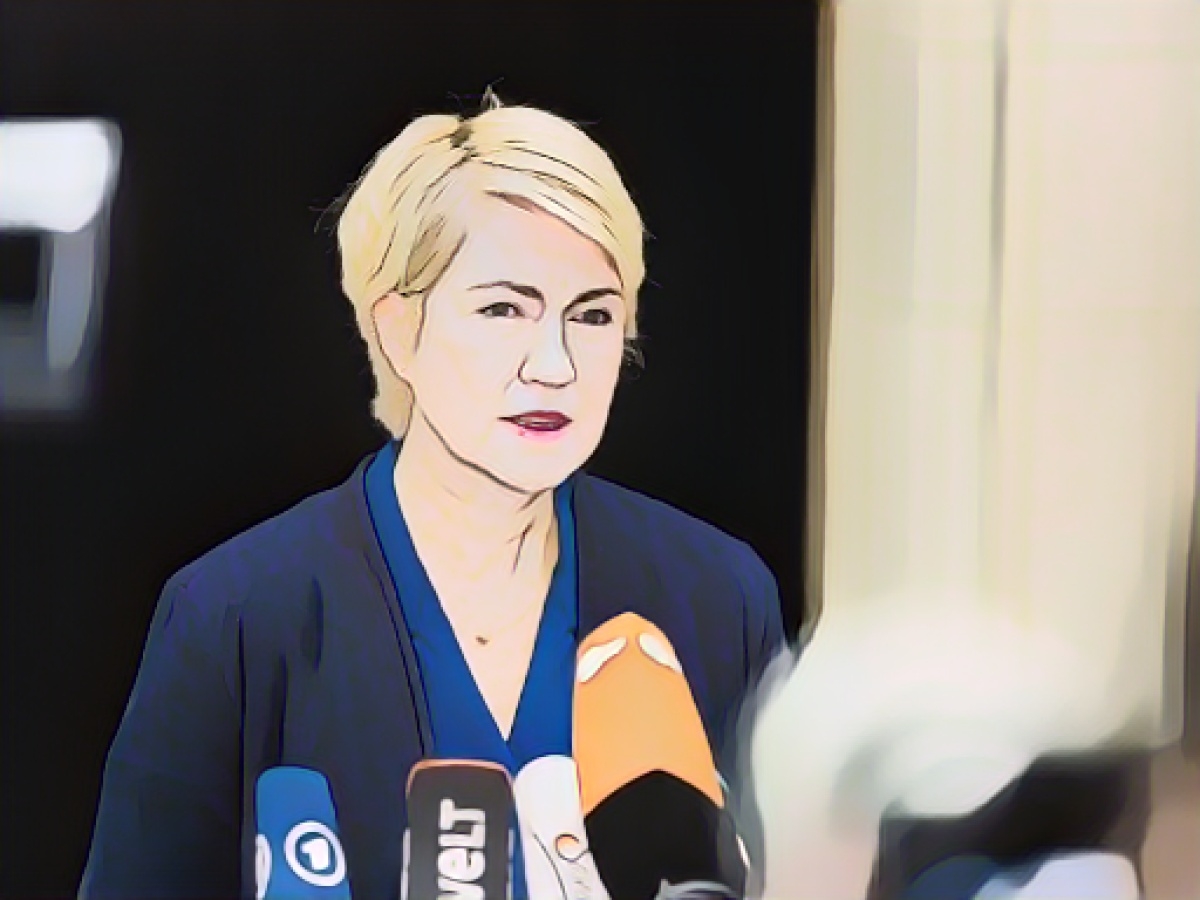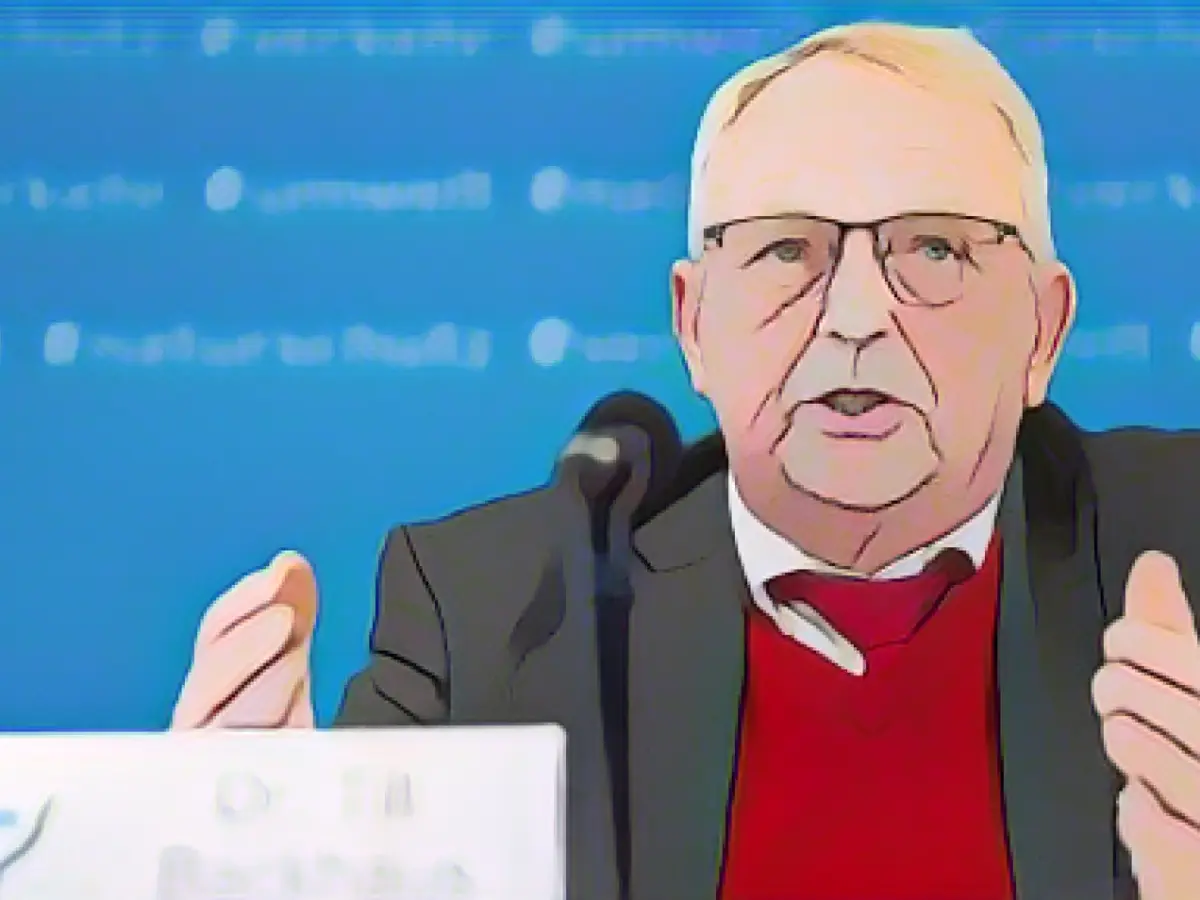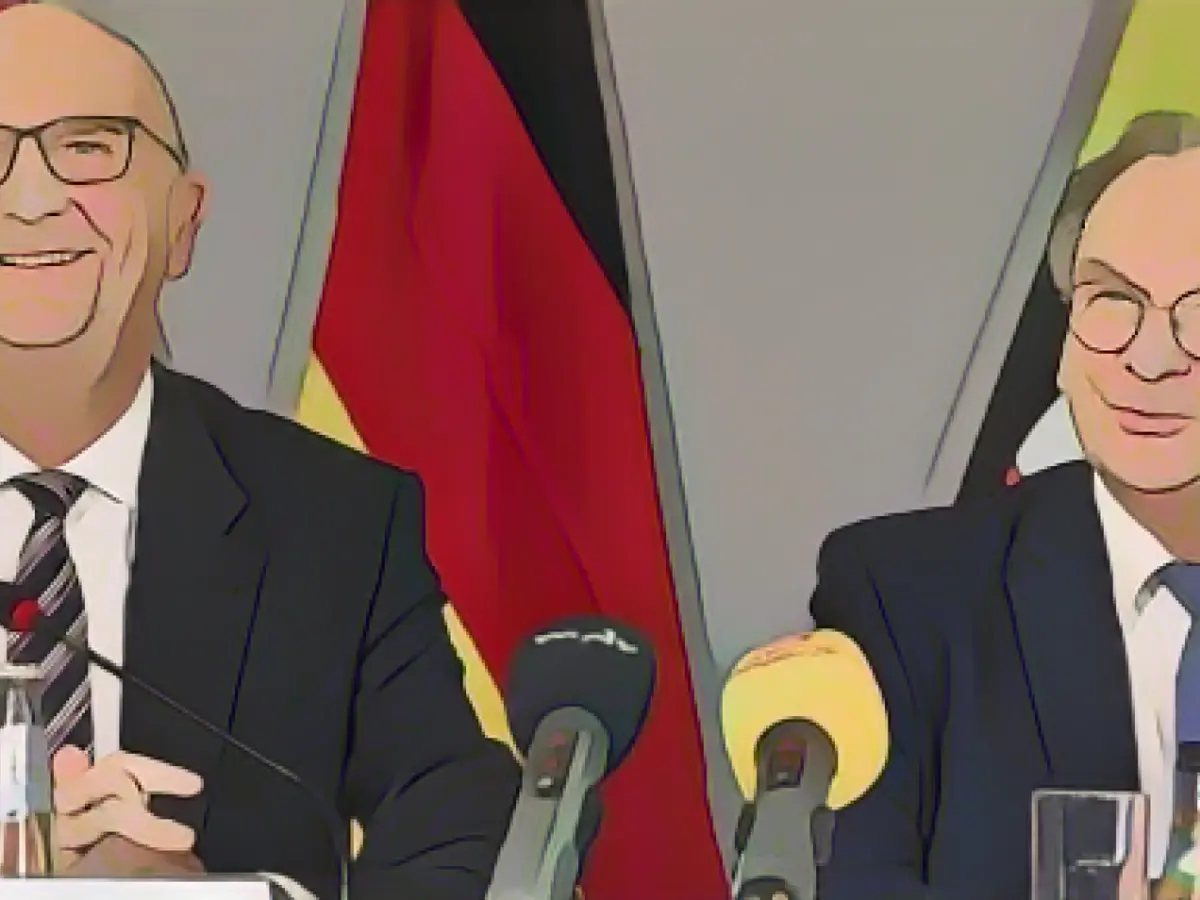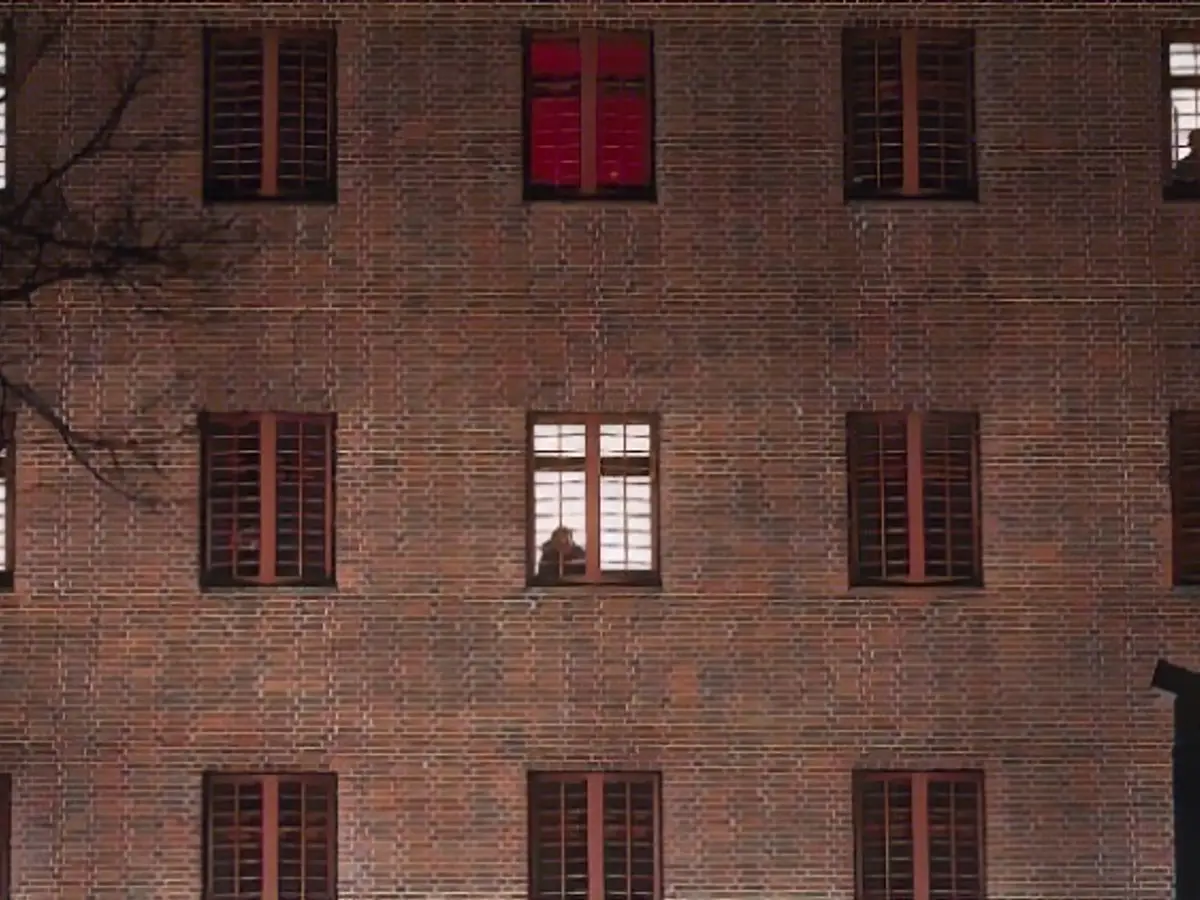In advance of the migration summit in Berlin, Mecklenburg-Western Pomerania's SPD leader, Manuela Schwesig, pressed for greater financial support from the federal government for asylum seeker care. She suggested a flat-rate of 10,500 euros per refugee, emphasizing that this would enable more funds in times of higher refugee numbers and less during periods of lower numbers.
Schwesig acknowledges the SPD's commitment to compassionate refugee policies, valuing the right to asylum. Yet, she stresses the necessity of considering real-world scenarios. Overextended cities and municipalities struggle to accommodate refugees, while school and daycare placements dwindle, and support from the population erodes. Two critical points for Schwesig are limiting irregular migration and preventing local authorities from tackling refugee issues alone.
Mecklenburg-Western Pomerania and other federal states will engage with Chancellor Scholz (SPD) on Monday, raising concerns over the federal government's intent to reduce its share from 3.75 to 1.25 billion euros for refugee care and accommodation. They reject this proposal, having earlier demanded a 1.25-billion-euro flat-rate and at least 10,500 euros per migrant.
Schwesig advocates for shared financial responsibility between federal and state governments, arguing that municipalities should not have to choose between refugee accommodation and community facilities like sports fields. The social discord resulting from such decisions is unproductive, she warns.
Currently, Mecklenburg-Western Pomerania is one of the few federal states fully reimbursing local authorities for refugee accommodation costs. Yet, the growing anti-refugee accommodation sentiment among citizens is a mounting reality. Schwesig stresses the importance of the federal government and federal states demonstrating a united front regarding migration policies and financing, fostering understanding among the population.
A state chancellery spokesperson reported that Mecklenburg-Western Pomerania estimated the federal government's share of refugee costs in the north-east at 17% this year, with 71 million euros expected from the federal government and around 429 million euros from the state.
The alliance led by Mecklenburg-Western Pomerania urges the federal government to boost its share of financing for refugee care as the current situation is overwhelming local authorities. Schwesig suggested a 10,500-euro flat-rate allocation per refugee, reasoning that such a system would provide flexibility according to fluctuating refugee numbers and reduce social discord.
Enrichment Insights:
Compounding challenges faced by refugees in Germany include: - Increased deportations - Reduced social services - Inadequate psychotherapeutic care - requiring refugees to work for low wages, hampering integration
A viable strategy to address these issues might involve: - Standardizing allocation of funds across regions - Restoring/increasing investment in social advice services, psychotherapeutic care, and integration programs - Enhancing workplace integration with fair wages and working conditions - Encouraging circular migration, allowing refugees to contribute to rebuilding their home countries while maintaining their lives in Germany.








